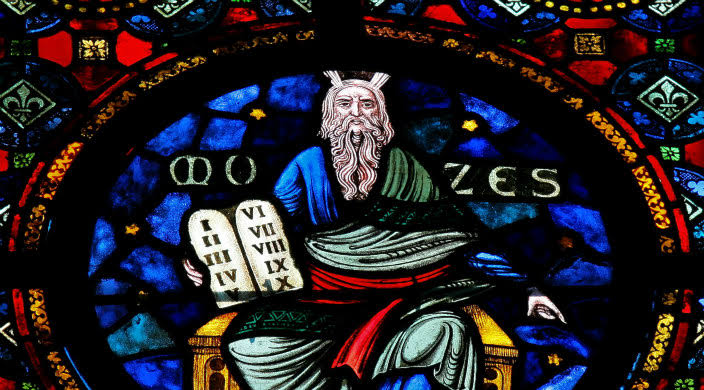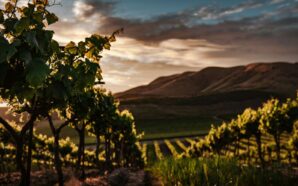2024 Lent 3B: Beyond the old temple, an inauguration of a new way of worship
Readings: Exodus 20:1-3,7-8,12-13; Corinthians 1:22-25; John 2:13-25
Dear friends,
We live in what could be described as a transition time not only for the Catholic Church but institutional religions as a whole. The evidence of this is found in the census, the shortage of clergy, the dearth of vocations and the absence of young people etc. There is a sense that the churches are like shrinking billabongs which are struggling to attract and nourish the seekers of life, truth and meaning.
Pope Francis has identified this crisis in what he called not simply the era of change but the change of era. He has challenged us to wake up to the new reality with a new attitude. We cannot be status quo at any cost, because the ground under our feet has shifted. There needs to be an attitudinal change at every level, a conversion of mind and heart that conforms us to the spirit of the Gospel. The Church iscalled to come out of itself, to open up to the peripheries, and receive the new thing the Spirit is doing. This is why we have embarked upon the synodal journey at the universal and diocesan level, in order to respond to what the Spirit is asking of us at this pivotal time.
The Word of God on this third Sunday in Lent inspires us to live with hope in times of chaos, uncertainty and evolution. The God of our ancestors in faith leads us and empowers us to transcend our limited horizons. In Jesus, we are called and empowered to be the living embodiment of the divine.
The first reading gives us what is known as the Decalogue or the 10 commandments. It is important, however, not to see them simply as a set of rules but to recognise them as the life-affirming alternative to Pharaoh’s system of death-dealing monopoly and exploitation. The Decalogue is a strategy for living in freedom, communion and transformation. It is the framework for living a faithful life given to God’s people as they enter a completely new context.
In other words, they are no longer under the influence of Pharaoh’s grab-all-you-can mentality. The imperial way of competition, self-interest and zero-sum game has no more stranglehold on them. They are empowered to be a new model society united by the worship of the true God and the care of their neighbour. Jesus would later redefine the concept of a neighbour and stretch our capacity to love even more
Just as the Jews were challenged to live differently outside Pharaoh’s control, today’s Gospel also challenges us with a new way of worship and witness in the world. The story of the cleansing of the temple is not merely about how we must show respect and decorum in sacred places. The trading activities in the Temple at the time were, after all, necessary for the people to fulfill the requirements of the Law such as the offering of animals. However, Jesus’ indignation would have aimed at those who exploited others for their benefit. It was his challenge against the political, religious and economic interests that ultimately sent him to the cross.
The story does not end there. He declares: “Destroy this sanctuary and in three days I will raise it up”. This declaration amounts to an inauguration of a new way of worship which is no longer bound up with animal sacrifices, the Jerusalem Temple and the Temple priests. This is as revolutionary as his reply to the Samaritan woman at the well: “The hour is coming when you shall worship the Father neither on this mountain nor in Jerusalem. The true worshippers will worship the Father in spirit and truth”.
Dear friends,
We live in transition time that calls us to discernment, humility, courage and above all, a willingness to metanoia or conversion. Instead of wishing to return to some golden era, we must subject ourselves to the refining and purifying sparks of the Gospel so that we can live and serve as Jesus would want us to.
Our spiritual ancestors were constantly refined and purified through the Exodus and later the Exile. They learned to become the alternative society that shone as the light for the nations. The Christian community that was born after the death and resurrection of Jesus continued this legacy. Even when expelled from the synagogue and the Temple, they learned to become, in the words of St Peter, the living stones built into a spiritual temple.
The Church today has reached what Tomas Halik who visited our Diocese recently called “The Afternoon of Christianity”. It is a metaphor for transition. It is about the fork in the road: whether to hunker down and circle the wagons, or to go out of itself to encounter the God and to be a vehicle for the Gospel to those wandering the “strange land” beyond the pews. Let this Lent be a season of deep reflection and discernment. As we draw strength from the Eucharist, may we become one with Christ, the living stones of the new temple and by serving our brothers and sisters, witness to the all-embracing love of God.








